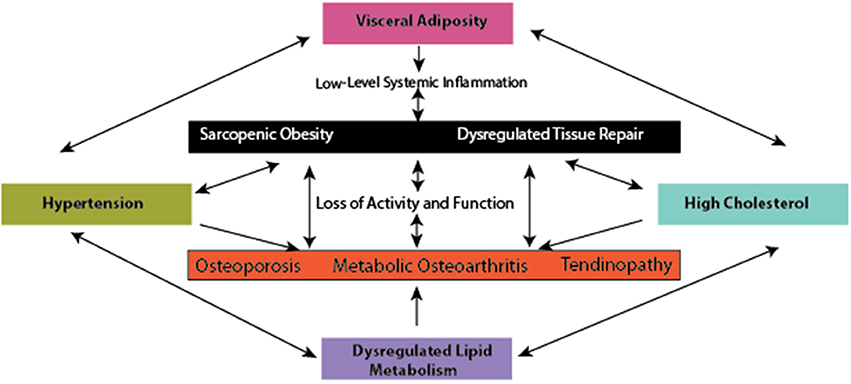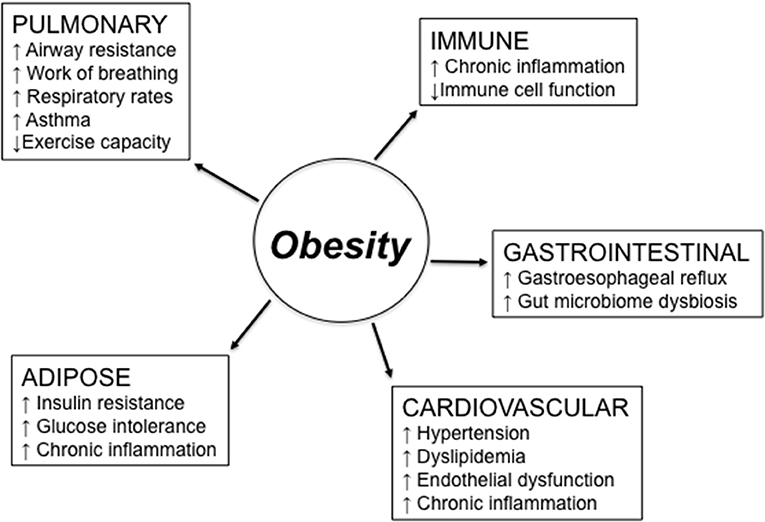Obesity, often abbreviated as OB, is a growing global health concern that affects millions of individuals across all age groups. It is characterized by an excessive accumulation of body fat, which can lead to numerous health complications. This article delves into the causes, effects, and management strategies for obesity, offering a comprehensive understanding of this complex condition.

Understanding Obesity
Obesity is more than just being overweight. It is a chronic medical condition where an individual’s weight significantly exceeds the healthy range for their height and body composition. The excess weight often stems from a combination of genetic, environmental, and lifestyle factors. Understanding the root causes of obesity is essential for addressing its widespread impact on public health.
What Defines Obesity?
Obesity is typically measured using the Body Mass Index, which calculates the ratio of an individual’s weight to their height. A Body Mass Index of thirty or higher is classified as obesity. While this measurement is widely used, it does not account for muscle mass or distribution of fat, making it important to consider other factors when diagnosing obesity.
Causes of Obesity
The development of obesity is influenced by a variety of factors, ranging from biological predispositions to environmental triggers. Below are some of the primary causes of obesity:
Genetic Factors
Research has shown that genetics play a significant role in determining an individual’s susceptibility to obesity. Some people inherit genes that make them more prone to gaining weight or storing fat in certain areas of the body. While genetic predisposition does not guarantee obesity, it can increase the likelihood when combined with poor lifestyle choices.
Poor Diet
A diet high in processed foods, sugars, and unhealthy fats is one of the leading contributors to obesity. Consuming calorie-dense meals without adequate nutritional value can lead to weight gain over time. Additionally, frequent consumption of sugary beverages and fast food exacerbates the problem by providing empty calories that do not satisfy hunger effectively.
Sedentary Lifestyle
Modern lifestyles often involve long hours of sitting, whether at work, during commutes, or while engaging in leisure activities like watching television. A lack of physical activity reduces the number of calories burned, contributing to weight gain. The rise of technology and convenience-oriented living has further reduced opportunities for movement, making sedentary habits more prevalent.
Psychological Factors
Emotional and psychological issues, such as stress, anxiety, and depression, can also contribute to obesity. Many individuals turn to food as a coping mechanism, leading to emotional eating. This behavior often results in the consumption of high-calorie comfort foods, which can quickly add up and lead to weight gain.
Medical Conditions and Medications
Certain medical conditions, such as hypothyroidism and polycystic ovary syndrome, can slow down metabolism and contribute to weight gain. Additionally, medications used to treat conditions like diabetes, depression, and epilepsy may have side effects that include weight gain. In such cases, managing obesity requires addressing the underlying health issue alongside dietary and lifestyle changes.
Effects of Obesity
Obesity has far-reaching consequences that extend beyond physical appearance. It impacts nearly every aspect of an individual’s health and well-being, from increasing the risk of chronic diseases to affecting mental health. Below are some of the most significant effects of obesity:
Increased Risk of Chronic Diseases
One of the most alarming effects of obesity is its association with chronic illnesses. These include heart disease, type two diabetes, hypertension, and certain types of cancer. Excess body fat places additional strain on the cardiovascular system, increases insulin resistance, and promotes inflammation, all of which contribute to the development of these conditions.
Joint Problems and Mobility Issues
Carrying extra weight puts immense pressure on the joints, particularly the knees, hips, and lower back. Over time, this can lead to osteoarthritis and other joint-related problems. Additionally, obesity can limit mobility, making it difficult for individuals to engage in physical activities or perform daily tasks comfortably.
Mental Health Challenges
- Depression: Obesity is often linked to feelings of low self-esteem and social isolation, which can contribute to depression.
- Anxiety: The stigma surrounding obesity can lead to heightened anxiety, especially in social settings or professional environments.
- Eating Disorders: Emotional eating patterns associated with obesity can sometimes evolve into more severe eating disorders, creating a vicious cycle of weight gain and psychological distress.
Impact on Sleep
Obesity is closely tied to sleep disorders such as sleep apnea. Excess fat around the neck and throat can obstruct airways during sleep, leading to interrupted breathing and poor-quality rest. Chronic sleep deprivation further exacerbates fatigue, cognitive impairment, and hormonal imbalances that may worsen obesity.
Economic Burden
Beyond personal health, obesity imposes a significant economic burden on society. Healthcare costs related to treating obesity and its associated conditions are substantial. Additionally, productivity losses due to absenteeism and reduced work efficiency contribute to the financial impact of obesity on both individuals and economies.
Management of Obesity
Managing obesity requires a multifaceted approach that addresses its root causes and mitigates its effects. Effective strategies often involve a combination of dietary changes, increased physical activity, behavioral modifications, and, in some cases, medical interventions. Below are key components of obesity management:
Dietary Modifications
A balanced and nutritious diet is fundamental to managing obesity. Reducing calorie intake while ensuring adequate nutrition is crucial for sustainable weight loss. Some effective dietary strategies include:
- Portion Control: Eating smaller portions helps reduce overall calorie consumption.
- Increase in Whole Foods: Incorporating fruits, vegetables, whole grains, and lean proteins supports better health outcomes.
- Limitation of Processed Foods: Avoiding sugary snacks, fried foods, and high-fat processed items minimizes empty calorie intake.
Physical Activity
Regular exercise is vital for burning calories and improving overall fitness levels. Even moderate activities, such as walking or cycling, can make a significant difference. For those new to exercise, starting with small, achievable goals and gradually increasing intensity is recommended. Strength training exercises can also help build muscle, which boosts metabolism and aids in weight management.
Behavioral Therapy
Addressing the psychological aspects of obesity is equally important. Behavioral therapy focuses on identifying triggers for overeating and developing healthier coping mechanisms. Techniques such as mindfulness, stress management, and cognitive-behavioral therapy can empower individuals to make lasting lifestyle changes.
Medical Interventions
In cases where lifestyle changes alone are insufficient, medical interventions may be necessary. These options include:
- Prescription Medications: Certain drugs can help suppress appetite or reduce fat absorption, aiding in weight loss efforts.
- Bariatric Surgery: Procedures such as gastric bypass or sleeve gastrectomy are reserved for individuals with severe obesity who have not responded to other treatments.
Community Support and Education
Building a supportive environment is critical for long-term success in managing obesity. Community programs, support groups, and educational initiatives can provide encouragement and resources to individuals striving to achieve a healthier lifestyle. Schools and workplaces can also play a role by promoting wellness activities and offering nutritious meal options.
Prevention Strategies
Preventing obesity before it develops is always preferable to managing its consequences. Public health campaigns, policy changes, and individual actions can all contribute to reducing the prevalence of obesity. Some prevention strategies include:
- Promoting Physical Activity: Encouraging active lifestyles through recreational facilities, safe walking paths, and school-based programs.
- Improving Food Environments: Making healthy food options more accessible and affordable while regulating marketing practices for unhealthy products.
- Raising Awareness: Educating communities about the risks of obesity and the benefits of maintaining a healthy weight.
By implementing these strategies, societies can create environments that support healthier choices and reduce the incidence of obesity.





